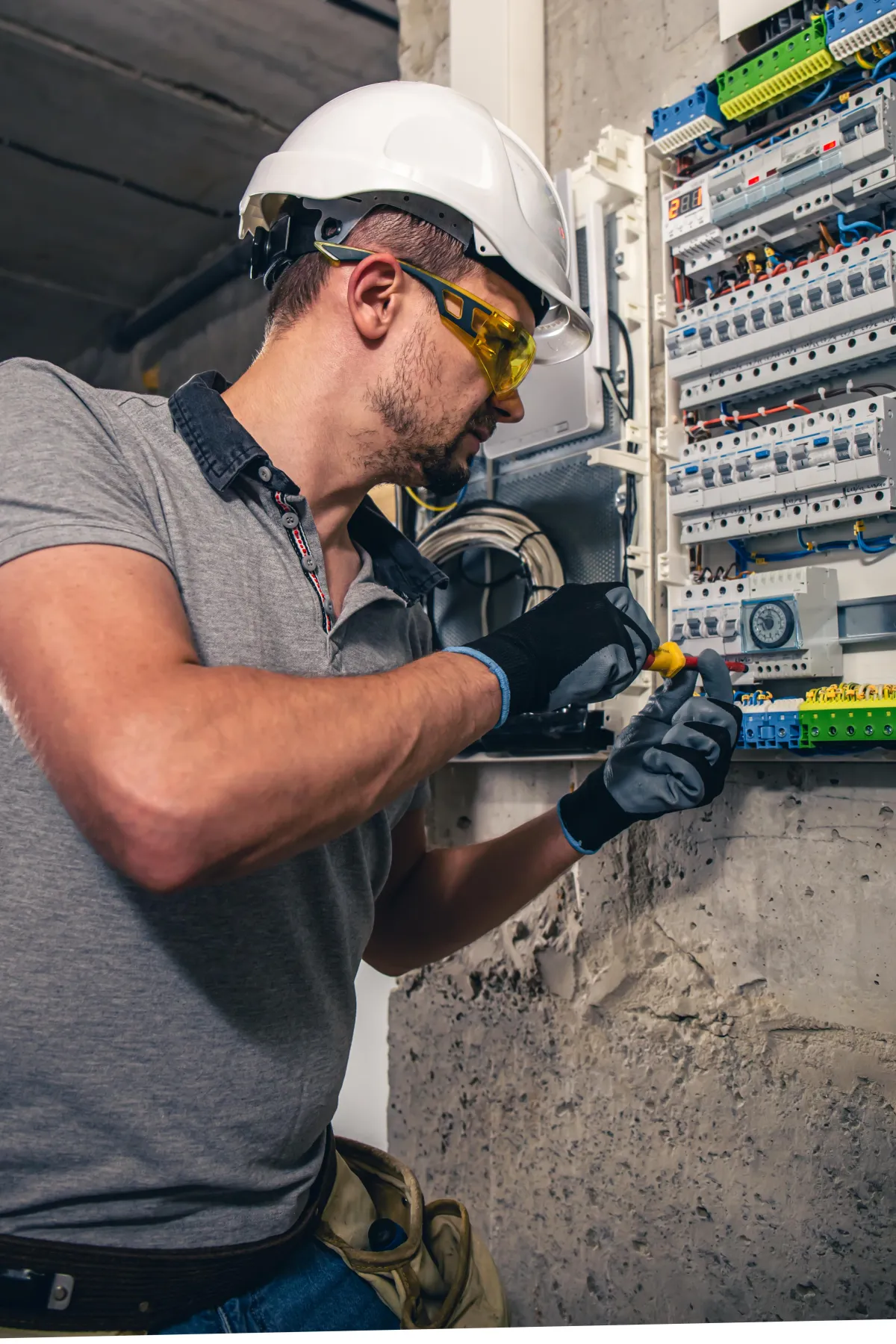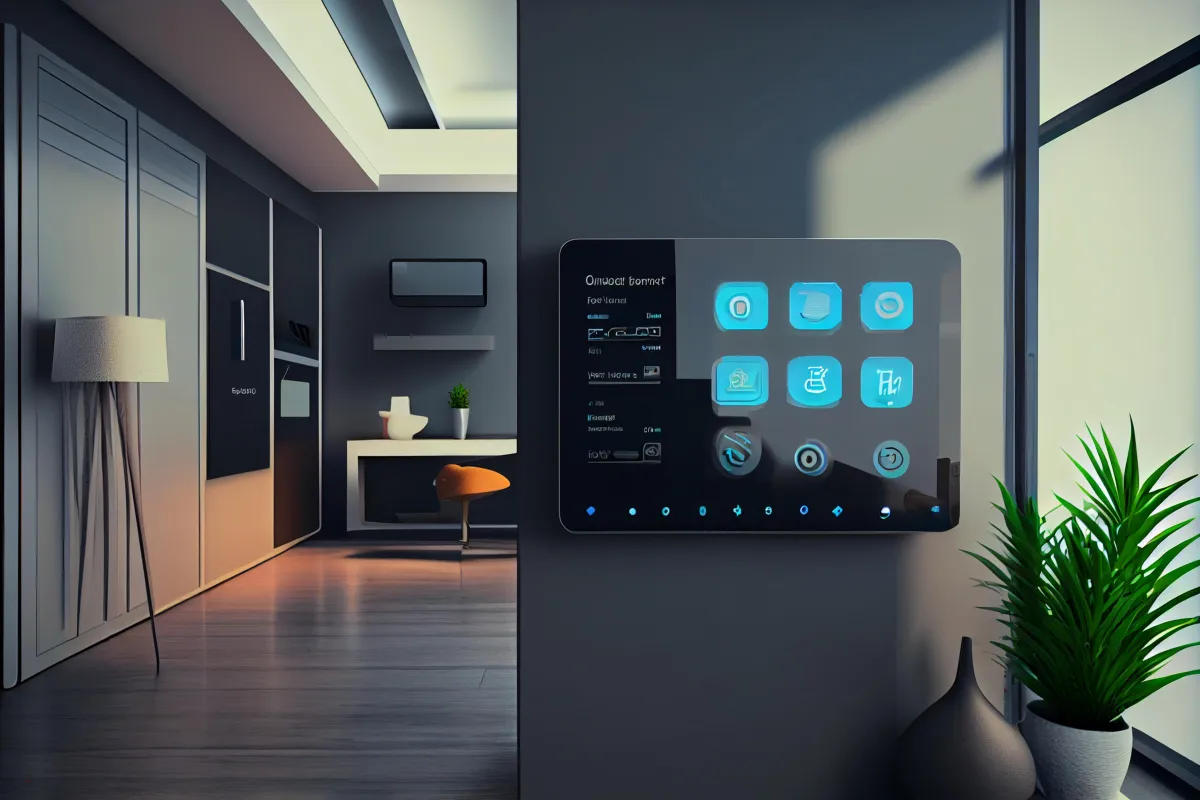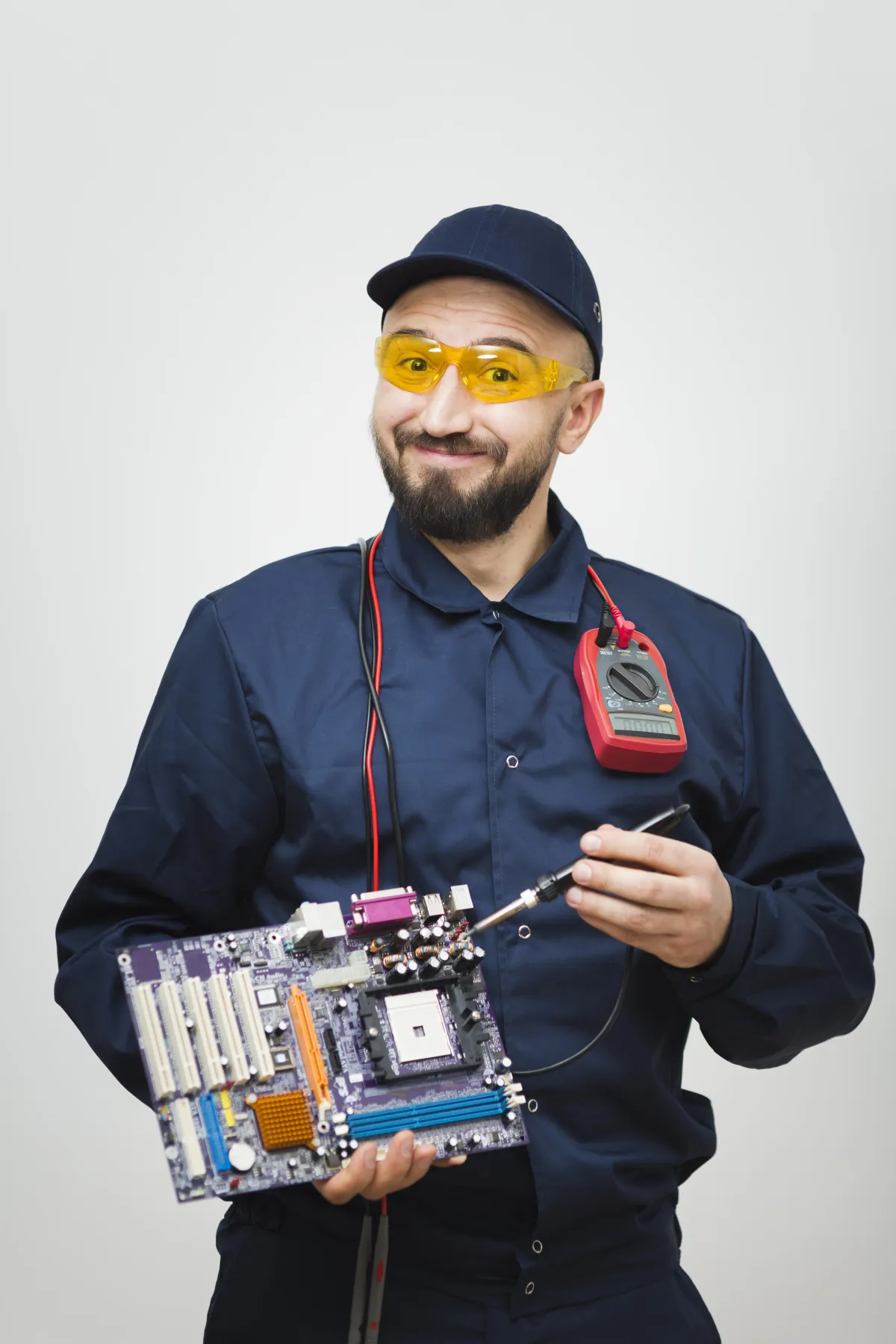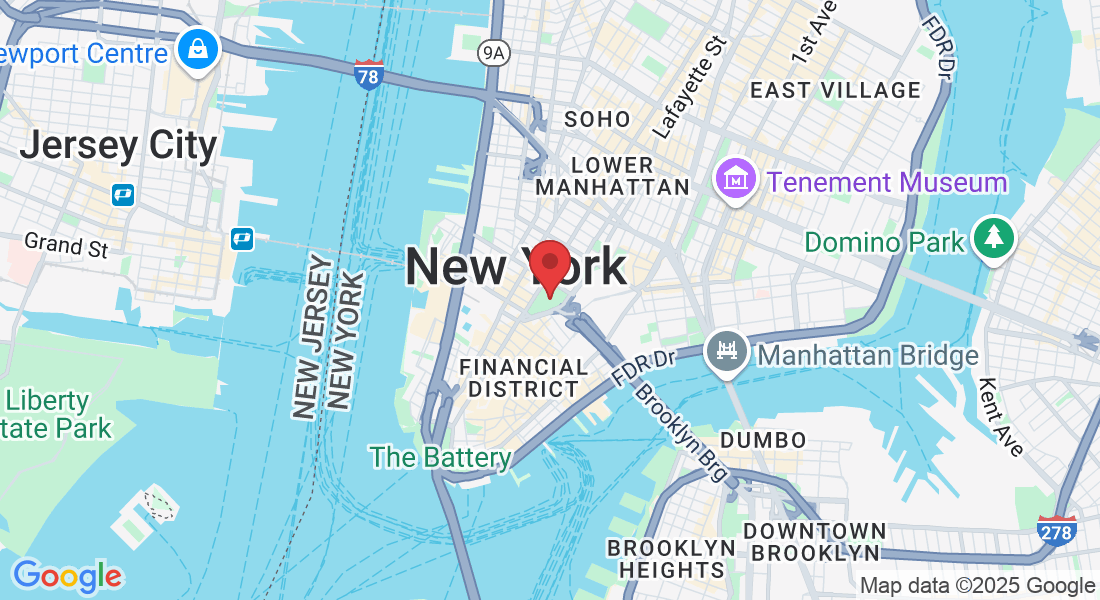Welcome
Powering Your Home and Business
It is clear and concise, and it accurately describes what the company does. It also suggests that the company's products and services are essential for both homes and businesses.

ABOUT US
[Company Name] stands at the forefront of the electrical industry, offering an extensive portfolio of products and services tailored to meet the diverse needs of residential, commercial, and industrial clients. With a solid track record that spans more than [number] years, our company has established itself as a trusted supplier known for delivering unparalleled quality in every product and service we provide. Our commitment to excellence is evident in our long-standing history and has cemented our status as a reputable organization within the electrical market.
Our esteemed clientele consistently chooses us for our reliability and the competitive pricing we offer. At [Company Name], we take pride in our unwavering dedication to ensure satisfaction through our comprehensive offerings. Our expertise and knowledge, gathered over [number] years, allows us to tackle the intricacies and demands of the electrical industry with confidence, making us a preferred partner for a multitude of electrical needs. We remain devoted to preserving the superior standard of our products and services that our customers have come to expect from us throughout the years.
SERVICES

Home Automation and Smart Home Integration
Specialize in installing and configuring smart home systems, including voice-activated controls, automated lighting, and integrated security.

Solar Panel System Installations
Offer solar panel system design and installation services, helping clients reduce their energy bills and environmental impact.

Electrical Safety Audits
Conduct comprehensive electrical safety audits for homes and businesses, identifying potential hazards and recommending safety improvements.

Power Quality Analysis
Perform power quality analysis to diagnose and resolve issues related to electrical disturbances, harmonics, and voltage fluctuations.
TESTIMONIALS
CUSTOMER REVIEWS
I was very impressed with the work that [Company Name] did for me. They were prompt, professional, and efficient. They also did a great job of cleaning up after themselves.

JOHN DOE
We hired [Company Name] to install a new electrical system in our commercial building. They were able to complete the project on time and within budget

JANE DOE
OUR TEAM

John Doe

Jane Doe

John Doe
FAQS
What should I do if I have an electrical emergency?
If you have an electrical emergency, such as a fire or shock, the first thing you should do is call 911. Once you are safe, you should contact an electrician to repair the problem.
What is the difference between a GFCI outlet and a standard outlet?
A GFCI outlet, or ground fault circuit interrupter, is a type of outlet that provides protection against electrical shock. GFCI outlets are required in wet areas, such as bathrooms and kitchens, because they can help to prevent electrocution if a person comes into contact with water while using an electrical appliance.Standard outlets do not provide the same level of protection as GFCI outlets. If you are using an electrical appliance in a wet area, it is important to use a GFCI outlet to protect yourself from electrical shock.
What are the different types of electrical wiring?
There are two main types of electrical wiring: solid and stranded. Solid wire is made up of a single piece of metal, while stranded wire is made up of multiple strands of metal twisted together. Solid wire is typically used for low-voltage applications, such as residential wiring, while stranded wire is typically used for high-voltage applications, such as commercial and industrial wiring.


